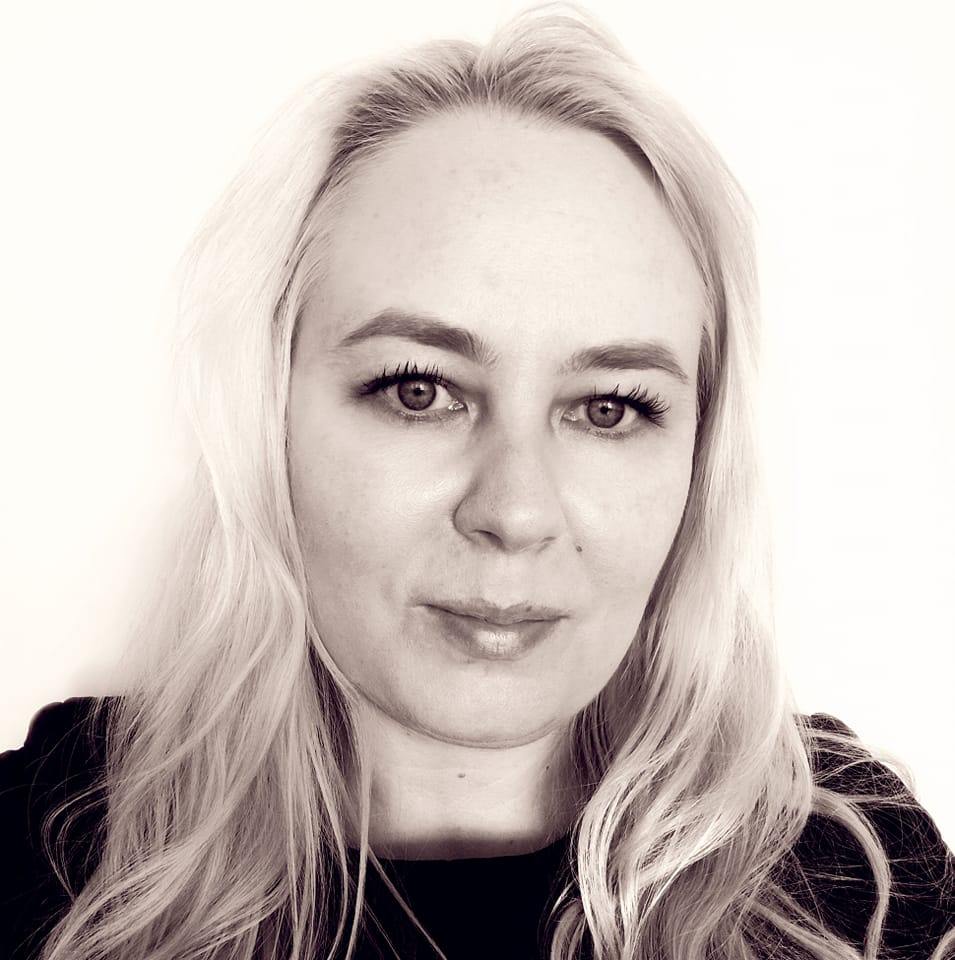We talk with Magdalena Szpunar, PhD, DLitt, Associate Professor about interpersonal relations and about what sociologists deal with.
Violetta Kulik: Is the role of a sociologist a social mission?
Magdalena Szpunar, PhD, DLitt, Associate Professor: I am a sociologist, an interested person, and the discipline I have been practicing for many years significantly heats up this fascination, but also allows me to develop it in a creative way. I am not interested in what is visible in a person on the surface. Sociology makes it much easier to discover the obscured and reach the non-obvious.
Violetta Kulik: You are interested in the world, you look below the surface, you look at what is deformed and rejected, deprived of voice, pulled out of the margins…
Magdalena Szpunar, PhD, DLitt, Associate Professor: I see the role of sociology as a certain social mission to give a voice to those who are deprived of it. A particular area of my scientific interests is anthropology and human sensitivity, ways of shaping it and its social representations. This seems important to me in a world that is increasingly deprived of sensitivity, and where all signs of it are perceived as signs of weakness. That is why I devoted one of my monographs “(Un)necessary sensitivity” to this issue. This year, as part of the University Educational Offer, I also proposed the “Sensitive University” course. As part of it, I try to sensitise our students, but also show that the academy, apart from the development of hard skills, cannot neglect empathy, tenderness and mindfulness, which especially now seem necessary for coexistence in such a diverse world. With some concern, I submit to scientific reflection the culture of algorithms, the consequences of algorithmic thinking, the mathematisation of the world and attempts to quantify all possible dimensions of our lives. I am fascinated by weak thought, which is not conclusive, but more so asks, intrigues, opens rather than offers ready-made, indisputable solutions.
Violetta Kulik: You have been running your website www.magdalenaszpunar.com for many years now. You share your scientific publications with your readers. Is it a process of communicating knowledge? Can open access allow for dialogue?
Magdalena Szpunar, PhD, DLitt, Associate Professor: I believe that the role of science is to search for a person and to support their process of understanding. Nobody and nothing is more important than a person. That is why I am happy to watch how my students develop, how the knowledge they gain helps them better understand themselves and their social environment. I get a lot of satisfaction from working with young adepts of science, PhD students who are looking for their paths. So we walk together, sometimes we get lost, but we usually find cognitively fascinating solutions. Giving people interested in my works free access to them actually fosters a creative exchange of knowledge – something I was made aware of many times. I believe that knowledge should be open, not closed in paid databases, because then it has a chance to live, undergo creative ferment and fertilise the minds of others.
Violetta Kulik: Poetry and scientific work? Combination of passion and work?
Magdalena Szpunar, PhD, DLitt, Associate Professor: In my professional work, I am close to the thought attributed to Confucius: “Choose a job you love, and you will never have to work a day in your life”. In my scientific work, I always choose areas that are somehow important to me, sometimes they cause disagreements, arouse controversy, I am not interested in reproducing the same thing. Therefore, in my works I dealt with such topics as: hubris in science, unreliable scientific reviews, insensitivity of culture, mindfulness and tenderness in relations with others, consequences of algorithmisation and quantification of culture, and epistemological anarchism. When the language of science becomes too rigid for me, it restricts me with the corset of theorising, I reach for poetry to look for the truth about man, not enclosed in any conventions.
Violetta Kulik: What was the purpose of creating the application www.ebadania.pl?
Magdalena Szpunar, PhD, DLitt, Associate Professor: The idea of the gift culture is very close to my heart, therefore for over a decade I have been running and providing a free application for online survey research www.ebadania.pl, where those interested in public opinion can carry out their own research projects. Since the inception of the application, it has been used by several thousand researchers, and the results obtained thanks to it have become the basis for many habilitation theses, doctoral dissertations, as well as MA, MSc and BA theses. We are currently working on a new version of the website, which we plan to launch in spring 2023.
Violetta Kulik: Thank you very much for the interview.
Magdalena Szpunar, PhD, DLitt, Associate Professor






